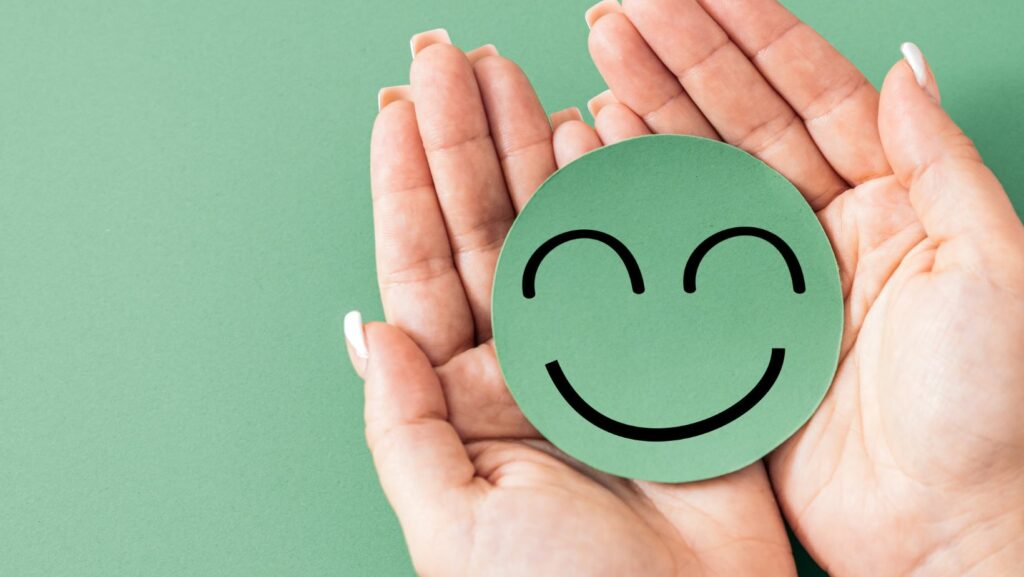Phone:
(701)814-6992
Physical address:
6296 Donnelly Plaza
Ratkeville, Bahamas.

Small adjustments in daily routines can create meaningful improvements in mental well-being. In Beverly Hills, where the fast-paced lifestyle and high expectations are often the norm, focusing on simple habits can be especially impactful. Instead of overhauling an entire lifestyle, a person can focus on small, manageable habits that support balance, calm, and resilience. The most effective small changes are those that fit naturally into everyday life and steadily build a stronger sense of well-being over time.
This article explores how consistent sleep, mindfulness, physical activity, organized spaces, and gratitude practices can shape a healthier mindset. Each section highlights practical steps that anyone can apply without feeling overwhelmed, making it easier to maintain steady progress toward better mental health.
A steady sleep routine helps regulate the body’s internal clock. Going to bed and waking up at the same time each day supports better rest and reduces fatigue. This consistency can lead to more stable energy levels throughout the day.
Sleep also plays a direct role in mood. People who follow a regular schedule often report fewer mood swings and less irritability. Better sleep quality supports emotional balance, which can ease daily stress.
Cognitive function improves with consistent rest as well. Adequate sleep strengthens memory, focus, and problem-solving skills. Irregular sleep patterns, on the other hand, can make it harder to concentrate and process information.
Those who find it difficult to build healthy sleep habits may benefit from professional guidance. For example, the right psychiatrists in Beverly Hills often highlight sleep health as an important part of mental well-being. Their insights show how small changes in routine can support both mind and body.
Mindfulness meditation encourages people to pay attention to the present moment without judgment. This simple practice helps calm the mind and allows individuals to notice their thoughts and feelings with greater clarity. Even a few minutes each day can make a difference.
Research shows that regular practice can lower stress levels by reducing the body’s stress response. It also supports better emotional balance, which helps people handle daily challenges with more patience.
In addition, mindfulness meditation improves focus and attention. By training the mind to return to the present, individuals strengthen their ability to concentrate on tasks without distraction. Over time, this leads to greater productivity and a clearer sense of direction.
Practical methods include focusing on the breath, using guided sessions, or pausing briefly during the day to check in with thoughts and sensations. These small steps fit easily into daily routines and provide steady benefits for both mental and physical well-being.
Regular physical activity is essential for both physical and mental health. Activities like walking and cycling can help reduce stress and improve mood by allowing the brain to regulate emotions more effectively. Cycling, in particular, offers an enjoyable way to stay active while also giving you the opportunity to explore new areas and clear your mind. Simple routines such as yoga also encourage calmness and steady breathing, which helps reduce tension and bring focus.
Exercise strengthens mental resilience by training the brain to manage stress and recover from setbacks. Whether you’re cycling through a scenic route or practicing yoga at home, these activities provide a sense of balance that helps support emotional well-being. Over time, regular activity can create a buffer against anxiety and low mood, making it easier to cope with everyday challenges.
Different types of activity offer unique benefits. Cycling provides a cardiovascular workout that boosts energy and improves focus, while yoga combines movement with mindfulness, helping to calm the mind. Both can help build resilience and improve mental clarity, making it easier to stay positive and focused throughout the day.
Even small steps can make a big difference. A short cycling session after work or a few minutes of yoga at home can have immediate benefits for your mental health. Consistent activity, no matter how brief, builds habits that support long-term resilience.
A tidy space can reduce distractions and help the mind feel more at ease. Studies show that clutter often raises stress levels, while an organized area supports focus and relaxation. Even small changes, such as clearing a desk or nightstand, can create a noticeable difference.
A dedicated clutter-free spot does not need to be large. It can be a corner of a room, a single table, or a chair with a clean surface nearby. The key lies in keeping it simple and free from unnecessary items.

Natural light, calming colors, and a few personal touches can make the space more inviting. For example, adding a plant or a favorite photo can create a sense of comfort without adding clutter.
Consistency matters. By setting aside a few minutes each day to keep the area neat, the space remains a reliable retreat. Over time, this habit can support mental clarity and provide a steady sense of calm in daily life.
Gratitude journaling involves writing down a few things a person feels thankful for each day. This simple habit helps shift attention toward positive experiences rather than negative ones. Even small entries, such as noting a good meal or a kind gesture, can make a difference.
Researchers have found that regular gratitude practice supports better mood and reduces stress. By focusing on positive aspects of daily life, people often feel more balanced and less overwhelmed. The act of recording thoughts also creates a moment of reflection that supports calmness.
Starting with just a few minutes each day is often enough. A person can write three short sentences or list a handful of items. Over time, this routine can help train the mind to notice good moments more easily.
Consistency matters more than length. A short, daily entry can be more effective than a long list written only once in a while. This steady approach helps gratitude become a normal part of daily life.
Small, steady changes in daily routines can support better mental well-being without requiring major shifts. Simple habits such as regular exercise, balanced sleep, and mindful breaks often create noticeable improvements over time.
Consistency matters more than intensity. For example, short walks, journaling, or setting boundaries with technology can have lasting effects if practiced regularly.
Social support also plays a key role. Staying connected with friends or family helps reduce stress and provides a sense of stability.
Healthy choices in diet, movement, and rest form a solid base for mental health. Each small adjustment adds up and contributes to a more balanced state of mind.
Therefore, individuals who commit to manageable steps often find that these habits gradually build resilience and improve overall quality of life.